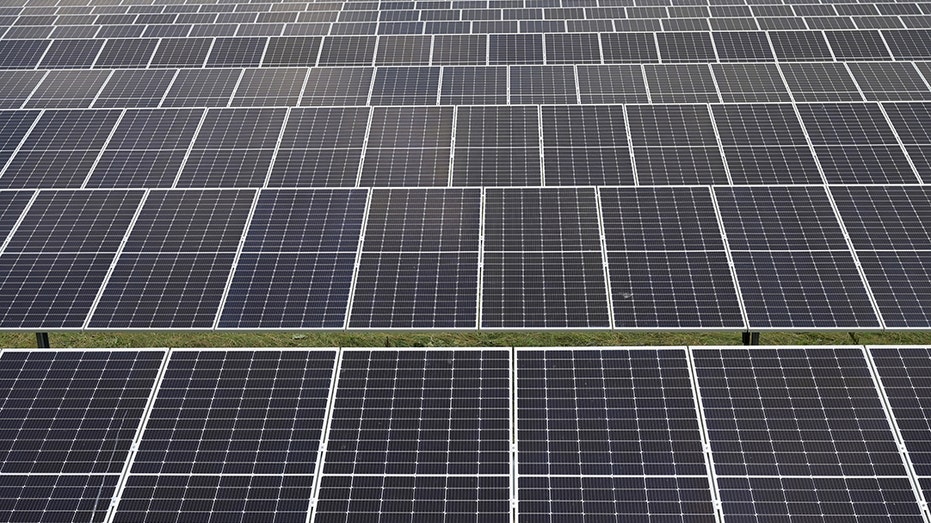US wants to end dependence on China rare earths, Yellen says
Yellen talked about strengthening relations with South Korea and other allies to improve the resilience of the United States' supply chains
The United States wants to end its "undue dependence" on rare earths, solar panels and other key goods from China to prevent Beijing from cutting off supplies as it has done to other countries, U.S. Treasury Secretary Janet Yellen said.
Yellen, who arrived in Seoul late on Monday, told Reuters she was pushing for increased trade ties with South Korea and other trusted allies to improve the resilience of supply chains and avert possible manipulation by geopolitical rivals.
"Resilient supply chains mean a diversity of sources of supply and eliminating to the extent we can the possibility that geopolitical rivals will be able to manipulate us and threaten our security," she said in an interview en route to Seoul.
Yellen will map out her concerns in a major policy address in Seoul on Tuesday after touring the facilities of South Korean tech heavyweight LG Corp during the final leg of an 11-day visit to the Indo-Pacific region.
NONPROFIT INVESTMENT FUND AIMS TO BRING TECH EDGE, JOBS BACK TO US FROM CHINA

Treasury Secretary Janet Yellen speaks during a virtual roundtable with participants from Black Chambers of Commerce across the country to discuss the American Rescue Plan, Friday, Feb. 5, 2021, from the South Court Auditorium on the White House comp ((AP Photo/Jacquelyn Martin) / AP Newsroom)
According to excerpts of her remarks, Yellen will make a strong pitch for "friend-shoring" or diversifying U.S. supply chains to rely more on trusted trading partners, a move she said would also combat inflation and help counter China's "unfair trade practices."
Yellen said South Korea had "tremendous strengths in terms of resources, technology, abilities" and its companies, including LG, were already investing in the United States.

Solar panels are pictured in a solar park in Lottorf, Germany July 30, 2021. U.S. tariffs continue on Chinese solar panels. (REUTERS/Fabian Bimmer / Reuters Photos)
"They have substantial capacity to produce advanced semiconductors," was particularly important given the United States' "huge dependence" on Taiwan Semiconductor, she said.
It was critical to reduce U.S. dependence on certain Chinese exports since Beijing had cut off supplies to countries such as Japan in the past, while applying pressure in other ways to Australia and Lithuania, a senior Treasury official said.
HERE'S WHAT THE SUPPLY CHAIN WILL LOOK LIKE FOR THE REST OF THE SUMMER

Wang Chen, vice chairman of the standing committee of China's National People's Congress (NPC), delivers a report on a proposed foreign investment law during a plenary session of the NPC at the Great Hall of the People in Beijing, Friday, March 8, 20
"They have used coercion to pressure a number of countries whose behavior they have disapproved of," Yellen said. "We know that’s a reason we don’t want to be dependent on China."
Despite her strong words, Yellen said the relationship with China was not "totally negative or escalating into tremendously hostile territory."
GET FOX BUSINESS ON THE GO BY CLICKING HERE
She said China was listening to U.S. concerns in other areas and that it had now made some constructive moves on restructuring the debt of low-income countries.
"We have real concerns with respect to China and we’re pressing them, but I don’t want to convey a picture of purely escalating hostilities with China," she said.




















